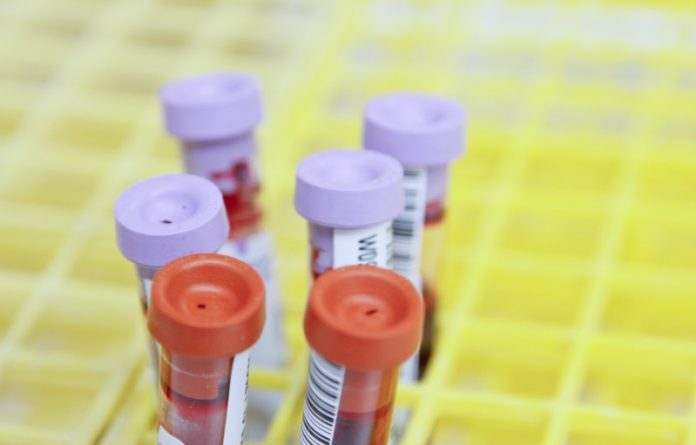
Scientists from Ruhr-Universität Bochum are able to identify signs of Alzheimer’s disease in the blood up to 17 years before the first clinical symptoms appear.
The sensor detects the misfolding of the protein biomarker amyloid-beta. As the disease progresses, this misfolding causes characteristic deposits in the brain, so-called plaques.
The research is published in Alzheimer’s & Dementia and was conducted by Professor Klaus Gerwert et al.
The dementia disorder Alzheimer’s disease has a symptom-free course of 15 to 20 years before the first clinical symptoms emerge.
In the study, the team aimed to determine the risk of developing Alzheimer’s dementia at a later stage with a simple blood test even before the toxic plaques can form in the brain.
They analyzed blood samples from participants for potential Alzheimer’s biomarkers. The blood samples had been taken between 2000 and 2002 and then frozen.
At that time, the test participants were between 50 and 75 years old and hadn’t yet been diagnosed with Alzheimer’s disease.
The team was able to identify the 68 people who later developed Alzheimer’s disease with a high degree of test accuracy.
Surprisingly, they found that the concentration of glial fiber protein (GFAP) can indicate the disease up to 17 years before the clinical phase.
Still, by combining amyloid-beta misfolding and GFAP concentration, the researchers were able to further increase the accuracy of the test in the symptom-free stage.
The researchers hope that an early diagnosis based on the amyloid-beta misfolding could help to apply Alzheimer’s drugs at such an early stage that they have a significantly better effect.
They plan to use the misfolding test to establish a screening method for older people and determine their risk of developing Alzheimer’s dementia.
If you care about Alzheimer’s disease, please read studies about a new biomarker of Alzheimer’s disease, and these two old drugs may help treat Alzheimer’s disease.
For more information about brain health, please see recent studies about why some older people less likely to have Alzheimer’s disease, and results showing this daily habit may help treat Alzheimer’s disease.
Copyright © 2022 Knowridge Science Report. All rights reserved.



